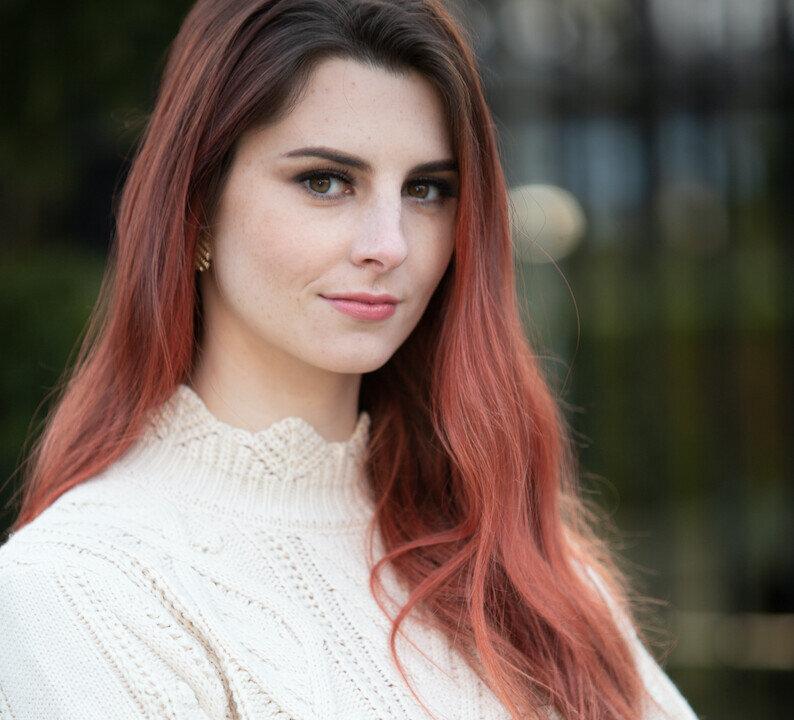Lindsay Shepherd’s story of finding herself hauled in front of a Wilfred Laurier University informal tribunal and accused of violating the university’s policy on gendered and sexual violence made national headlines in 2017.
The then-graduate student and teaching assistant secretly recorded the disciplinary meeting and released it to the media, and Laurier’s president apologized.





